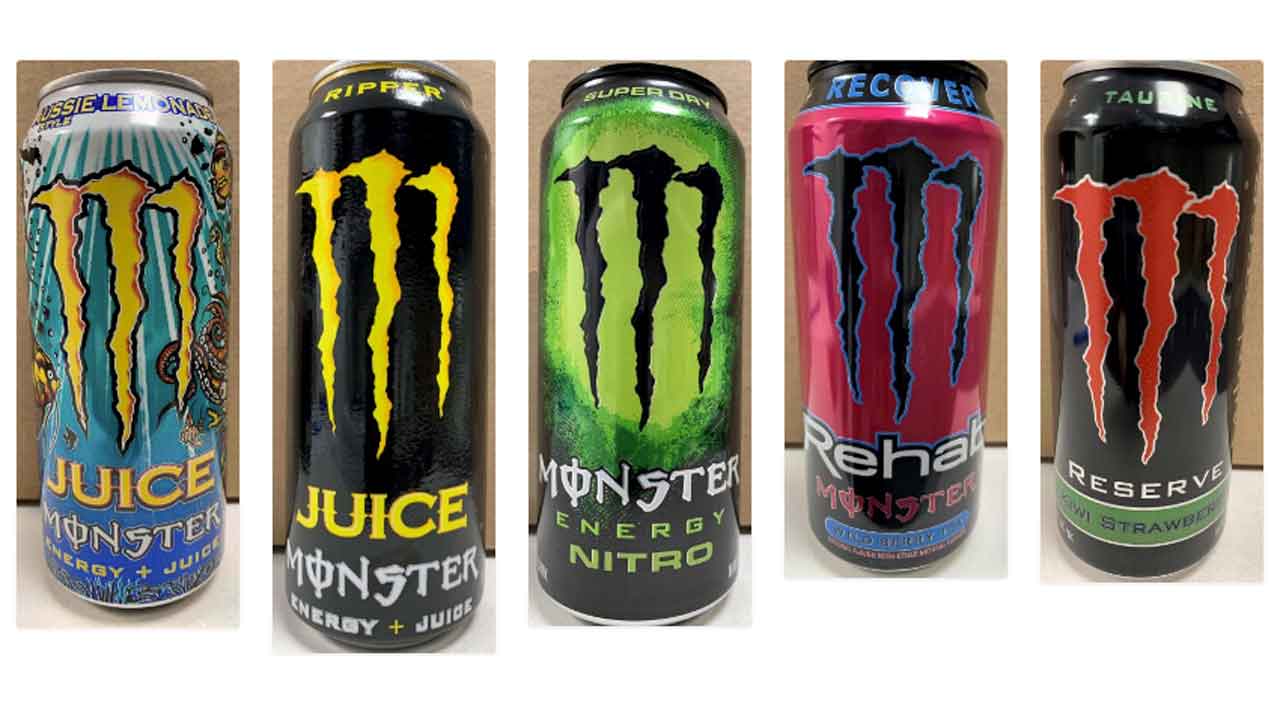Caffeine is Common in Teens’ Lives
A recent poll found that one in four parents say their teen drinks caffeine daily. Two out of three parents believe they know how much caffeine is safe for their teen, but one-third don’t know the recommended limits, according to the University of Michigan Health C.S. Mott Children’s Hospital National Poll on Children’s Health.
“Our report suggests parents may not always know how much caffeine their teens should have,” said Dr. Susan Woolford, poll co-director and pediatrician.
Popular Caffeine Sources
The poll, which included responses from 1,095 parents, found that soda is the most common source of caffeine for teens. Tea and coffee are also popular, while fewer teens drink energy drinks.
“Caffeine is a drug that can affect the brain and body,” Woolford said. “Too much can cause health problems, especially in teens whose brains are still developing. It can impact their mood, sleep, and school performance, and they can become dependent on it.”

The Dangers of Energy Drinks
Energy drinks are another source of caffeine that can be especially hazardous for teens. These drinks often contain very high levels of caffeine, sometimes up to 500 milligrams in a single can. Besides caffeine, they also have high amounts of sugar and other stimulants that can be harmful.
“Energy drinks can cause severe health issues in teens, including heart problems, anxiety, and sleep disturbances,” Woolford explained. “These drinks can lead to caffeine overdose, which can be dangerous.”
Parents should be particularly cautious about energy drinks, as teens might not realize just how much caffeine and other stimulants they are consuming.
Reasons Teens Drink Caffeine
Two in five parents said their teen drinks caffeine because it’s in their favorite drinks. Less than one-fourth said their teen drinks it because their friends do. Fewer parents believe their teens use caffeine to stay awake for school or study.
“Teens often drink caffeine for the taste,” Woolford said. “Parents can encourage caffeine-free alternatives, but they might not realize how much caffeine their kids are actually drinking.”
Where Teens Drink Caffeine
The poll showed that most teens drink caffeine at home, followed by dining out. Only a third drink caffeine with friends, and a quarter drink it at school. This means parents have a good chance to help their teens cut back at home.
Tips for Parents
Know the Limits: The FDA suggests that 400 milligrams of caffeine a day is safe for adults but hasn’t given a limit for teens. Experts recommend no more than 100 milligrams a day for teens. However, one in three parents thought the limit was higher.
Check Labels: Parents should check the caffeine content in their teens’ favorite drinks and snacks. An 8-ounce cup of coffee has about 100 milligrams of caffeine, but many drinks have much more. Even some sodas, sports drinks, and snack bars contain caffeine. Energy drinks are particularly high in caffeine and can have up to 500 milligrams per serving.
Watch for Signs: Too much caffeine can cause insomnia, headaches, irritability, and nervousness. If your teen has trouble sleeping or seems jittery, they might be consuming too much caffeine.
Set a Good Example: Many parents drink caffeine daily. Those who have cut back can use their experience to help their teens reduce their intake slowly to avoid withdrawal symptoms.
Talk About It: Parents should discuss the risks of too much caffeine with their teens and suggest non-caffeinated options. They can also ask healthcare providers to talk to their teens about caffeine.
By being aware and proactive, parents can help their teens make healthier choices about caffeine.

